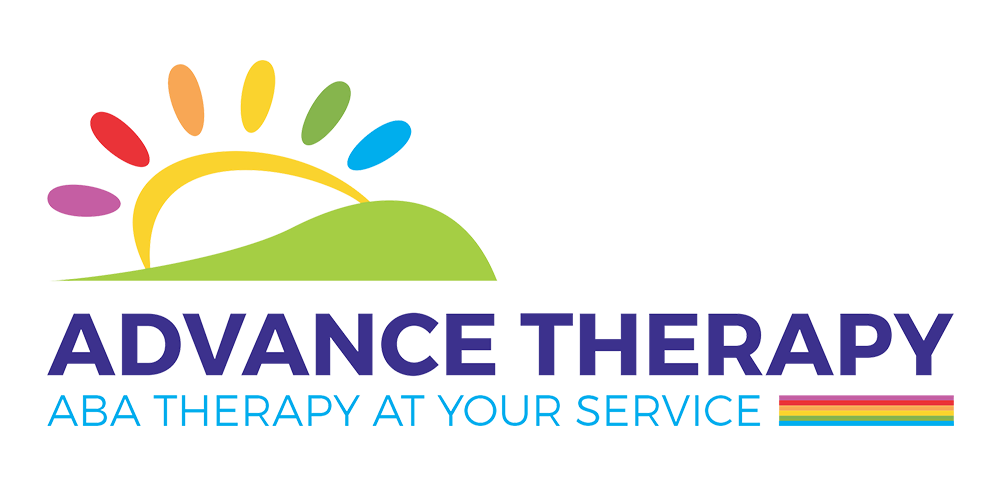Introduction: Expanding ABA Beyond Home

As early childhood experiences shape later success, integrating ABA (Applied Behavior Analysis) therapy into daycare environments offers significant benefits for children with autism. Advance Therapy’s in‑daycare ABA programs in Ontario bring evidence-based interventions into everyday routines, helping children build essential skills in naturally social settings while remaining close to home. This model supports developmental progress, reduces disruptions to daily life, and creates inclusive learning experiences alongside neurotypical peers.
Why ABA at Daycare Makes a Difference
In a daycare setting, children encounter peer interaction repeatedly—ideal for practicing social communication, sharing, turn-taking, and cooperative play. Advance Therapy’s certified therapists collaborate closely with daycare staff to embed ABA strategies into group routines, transitions, and playtimes. This proactive approach ensures that children receive consistent reinforcement and learning opportunities across the day, not just during isolated therapy sessions. For families, this means less travel and smoother daily schedules without compromising on quality or consistency of support
Personalization Within a Group Environment
Despite the setting, each child receives individualized attention. Behavioral assessments are conducted before admission to identify strengths, preferences, and areas needing support. Advance Therapy then designs a tailored plan focused on each child’s goals—be it communication milestones, emotional regulation, self-help tasks, or peer interaction strategies. Therapists train daycare educators to implement interventions in real-time, creating an environment where learning is woven seamlessly into snack time, art projects, and playground activity.
How Sessions Are Structured
Beginning with an orientation meeting, parents, therapists, and daycare staff align on objectives and daily routines. Therapy often begins with small-group or one-on-one support integrated within the child’s usual schedule. Therapists observe and coach educators to model prompts, reinforcement methods, and choice-making opportunities. Regular reviews ensure adjustments are made based on ongoing data. This collaborative process fosters continuity of progress while respecting each child’s pace and comfort.
Concrete Benefits Observed
Quick Results: Noticeable improvements are often seen within weeks.
Increased Interaction: Children begin initiating more interactions.
Better Responsiveness: Children respond more consistently to adult prompts.
Reduced Frustration: Transitions become smoother with less emotional distress.
Natural Learning: Skills are learned during everyday routines (e.g., lining up, sharing, group activities).
Generalization: Skills generalize faster due to real-life practice.
Peer Influence: Other children also learn by observing inclusive behavior.
Promotes Empathy: Encourages understanding and acceptance among all kids
Conclusion: A Holistic Approach to Early Learning
- ABA therapy at daycare under Advance Therapy’s model offers a comprehensive, inclusive, and evidence-based framework for early intervention. By embedding therapeutic support into natural routines, children experience more consistent progress and parents enjoy reduced logistical burdens. If you're seeking a supportive daycare environment that fosters growth, social confidence, and independence for your child, this innovative model is worth considering. Advance Therapy is ready to help integrate therapy where your child already learns and plays.
Book a Therapy Session and Begin Thriving
Schedule your appointment now and start building the life you deserve.


